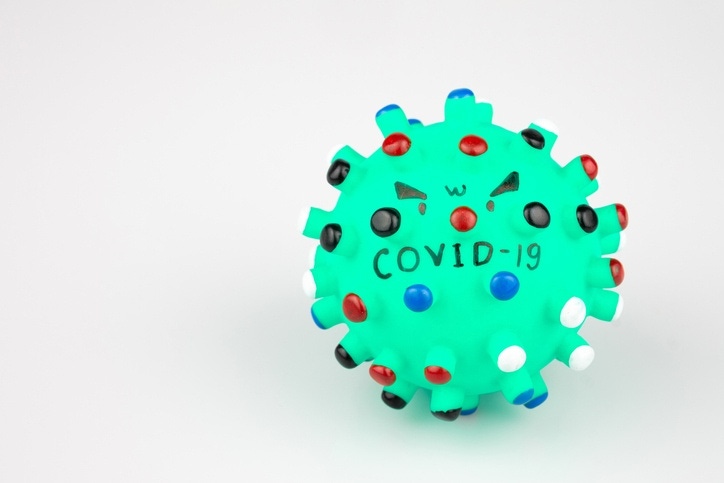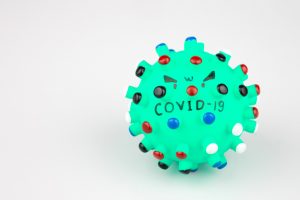Content Spotlight
Podcast: MilliporeSigma says education vital to creating unbreakable chain for sustainability
MilliporeSigma discusses the importance of people, education, and the benefits of embracing discomfort to bolster sustainability efforts.

A recombinant vesicular stomatitis virus-based COVID-19 vaccine may be active when administered orally, says Merck as it begins clinical manufacture from facilities in Pennsylvania.
Merck & Co. (known as MSD outside North America) entered the battle against COVID-19 relatively late, inking a triumvirate of deals in May. Two of the programs focused on vaccine development, one of which – a collaboration with non-profit research organization IAVI – is expected to begin clinical studies in the next few months.
The program, known as V590, is based on recombinant vesicular stomatitis virus (rVSV) technology already proven in Merck’s Ebola Zaire virus vaccine, Ervebo (Ebola Zaire Vaccine, Live) – the first rVSV vaccine approved for use in humans.

Image: iStock/Oat_Phawat
And according to president of Merck Research Laboratories Roger Perlmutter, speaking on the firm’s second quarter 220 financial call last week, clinical manufacturing has begun from its facilities in Pennsylvania. While he did not elaborate further on production, Merck has a vaccine manufacturing plant as part of its 400 acre West Point, Pennsylvania site.
Merck’s efforts may lag behind other vaccines in development against COVID-19 – Moderna, AstraZeneca, CanSino, and BioNTech/Pfizer all have candidates in late-stage clinical trials – but Perlmutter said certain patient populations could benefit from V590 due to its potential oral administration route.
“One additional advantage of V590 is that it may be active when administered orally via a swish and swallow protocol,” he told stakeholders. “And again, this will help to lower the barrier to vaccination should it be affective.”
If successful, V590 would require a single-dose, Perlmutter said, an advantage also held by a second vaccine candidate born out of Merck’s acquisition of Themis during that deal-heavy May period.
V591 uses technology developed at the Institut Pasteur and licensed to Themis in 2010, which is based on an attenuated measles vector delivering selected antigen preferentially to macrophages and dendritic cells. It has been incorporated into vaccine development programs against infectious diseases including SARS, Chikungunya, MERS, and Lassa fever.
“We have a lot of confidence in the single dose activity of both vaccines, because these are replicating vaccines,” said Perlmutter. “So they replicate in you, they are very potent immunogens and they have single dose activity, single administration activity in other settings.”
V591 has not yet completed clinical manufacturing but Merck says it plans to begin clinical studies performed in collaboration with the Institut Pasteur later this quarter.
You May Also Like